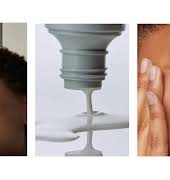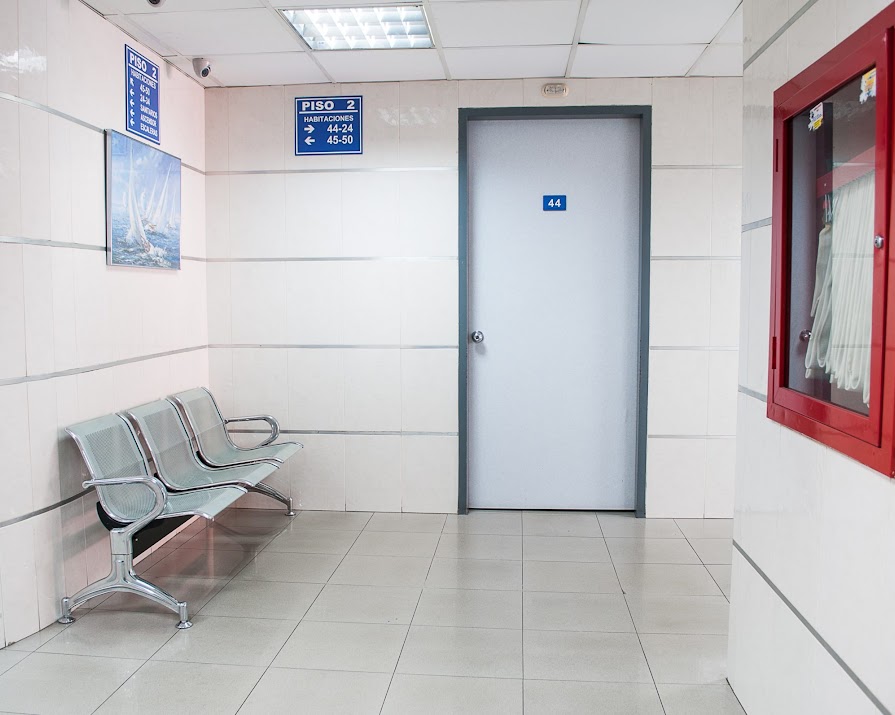
Report finds mental health service users are still being treated like ‘second-class citizens’
By Edaein OConnell
02nd Jul 2020
02nd Jul 2020
The annual report carried out by the Mental Health Commission has found significant issues in mental health services in Ireland
According to the Mental Health Commission’s annual report, mental health service users are still being treated like “second-class” citizens.
The report revealed major flaws in mental health care across the country and found a large number of centres are non-compliant with regulations.
John Farrelly, chief executive of the commission said of the report: “This year’s report once again demonstrates that the needs and wants of mental health service users are not being prioritised.”
He continued, “The evidence in the report is clear, there is evidence of dirty premises that are not fit for purpose, 50% of centres don’t have care plans.”
“And there is a lack of compliance around physical restraint and seclusion. From my perspective, it is clear that mental health users are being treated like second class citizens and their rights are being overlooked.”
Decrease
The Commission found that it took 40 enforcement actions against 31 mental health centres in 2019. These related to staffing issues, problems with the premises, and the dignity and privacy of patients.
There was also a decrease in compliance with the Code of Practice on the Admission of Children. The report found adult approved centres did not have age approved facilities or activities for children who are residents.
Out of the 65 approved and 18 unregulated 24-hour supervised centres, there was a 78% overall compliance level. However, 69% of centres were found to be non-compliant with premises regulation and 48% were non-compliant with care plan regulations.
The report also shows that compliance around the Rules on Seclusion in settings fell by 12%. 28 centres use seclusion rooms and of that number, 79% were found to be non-compliant. While out of 58 centres that use physical restraint, 50% were reported to be non-compliant also.
Mr Farelly said issues surrounding the use of physical restraint are worrying. “The key issue for us was that there was no physical examination following an episode of restraint. But also 58% or 89% of approved centres are using physical restraint and that to me is an indicator.”
“When you are using physical restraint it probably means you haven’t put all the resources in to actually work with someone to build a therapeutic relationship.”
“Because I want to be clear, physical restraint is not a therapeutic intervention.”
Read more: ‘We went into a dazed couple of weeks, we just hoped he would stay alive and survive’
Read more: ‘As a GP, this is what I will — and won’t — be doing during Phase 3’
Read more: Perimenopause: The symptoms you may not know about






















